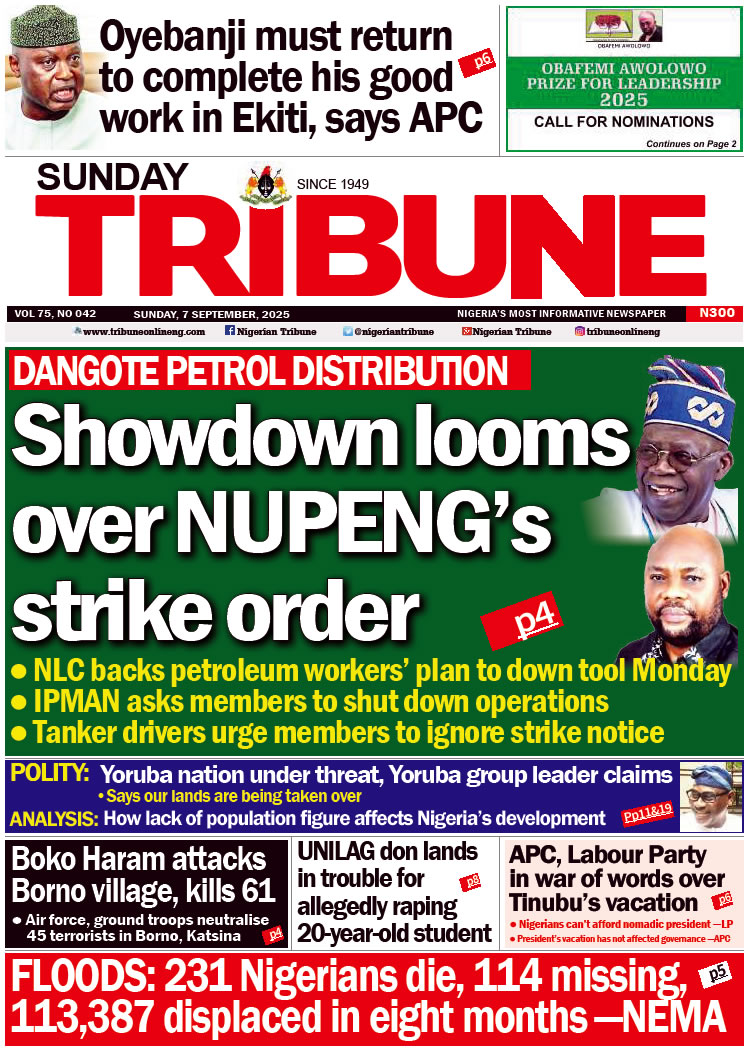Before the global phenomenon of Nollywood and Nigerian-produced films captured the world’s attention, Nigerian cinema was quietly laying its foundations in the vibrant and evolving landscape of the 1980s. This era, often overshadowed by the explosion of video films in the 1990s, was crucial for the transition from stage plays and celluloid to the accessible video format that would define the industry.
The 1980s saw a blending of traditional storytelling, often adapted from the hugely popular travelling theatre groups, with emerging video technology. These Nigerian-produced films, though sometimes limited by production budgets, were rich in cultural narratives, moral lessons, and groundbreaking performances that resonated deeply with Nigerian audiences. As we look back, compiling a definitive “Top 10” is challenging given the nascent industry’s documentation at the time, but certain films and thematic trends undeniably stood out.
Here are some of the most impactful and representative Nigerian-produced films from the 1980s, reflecting the spirit and artistry of that transformative decade, now including their known producers, with a focus on Nigerian production:
1. Aiye (1980): Directed by the legendary Hubert Ogunde, and produced by Ola Balogun, this film was a powerful adaptation of his popular stage play. “Aiye” delved into themes of witchcraft, tradition, and justice, captivating audiences with its mystical narrative and strong cultural roots. It showcased the potential of adapting traditional theatre for the screen.
2. Efunsetan Aniwura (1981): While Bankole Bello is credited as the director, this historical drama, based on Akinwumi Isola’s work, It was produced by Isola Ogunsola Theatre. A common practice in that era. It depicted themes of power, betrayal, and the complexities of leadership.
3. Cry Freedom (1981): Directed by Ola Balogun, who also produced this film, “Cry Freedom” was a significant work from an early pioneer of Nigerian cinema.
4. Iya Ni Wura (1982): Precise producer details for the 1982 version of Iya Ni Wura are not widely documented, though it was a distinctly Nigerian production. This film, translating to “Mother is Gold,” celebrated the pivotal role of mothers in Nigerian society. It was a heartwarming drama that explored family dynamics, sacrifice, and the unbreakable bond between a mother and her children.
5. Money Power (1982): Directed by Ola Balogun, who also produced this socially relevant film, “Money Power” tackled issues of corruption and greed in Nigerian society.
6. Aare Agbaye (1983): This film was directed and produced by Moses Olaiya (Baba Sala), a comedic legend. It further showcased his unique brand of humour and storytelling on screen.
7. Agba Man (1984): This film, commonly associated with the 1980s through the work of Moses Olaiya (Baba Sala) who produced it, was notably released as a home video in 1992. It often touched on the wisdom of elders and community values, serving as a didactic tool, imparting moral lessons about respect, tradition, and the consequences of deviating from cultural norms.
8. Papa Ajasco (1984): The original feature film version was produced by Wale Adenuga, who would later achieve immense success with the popular TV series. This film laid the groundwork for a beloved Nigerian comedic franchise.
9. Mosebolatan (1985): A comedic masterpiece featuring the iconic Baba Sala (Moses Olaiya Adejumo), who also directed and produced the film, “Mosebolatan” was a huge box office success. It brought laughter and social commentary, highlighting the everyday struggles and triumphs of the common Nigerian with wit and charm.
10. Owo Blow (1987 – precursor): While the more famous Owo Blow film came out in the 90s (produced by Tade Ogidan), the foundational stage and video projects that led to it began in the late 80s. These early iterations showcased the gritty realities of urban life and crime, signalling a shift towards contemporary social issues.
The 1980s were a foundational decade, characterised by a bridge between the old and new. These films, whether drawing from rich theatrical traditions or tentatively experimenting with new video technologies, laid the groundwork for the eventual rise of Nollywood, proving that Nigerian stories, told by Nigerians, had a powerful and eager audience. They remain a testament to the enduring spirit and creativity of the nation’s filmmakers.
Notable Nigerian Films of the 1980s by Production Year
Compiling a definitive list for this period can be challenging due to limited historical records, but many other impactful films contributed significantly to the cinematic landscape. Here’s a chronological look at some of them:
1980
- Aiye by Hubert Ogunde
1981
- Cry Freedom by Ola Balogun
- Efunsetan Aniwura (Produced by Isola Ogunsola Theatre. The play upon which the film is based was written by Akinwunmi Ishola. The film was directed by Bankole Bello.)
- Jaiyesinmi by Hubert Ogunde
- Rise and Fall of Idi Amin (Directed by Sharad Patel. Rise and Fall of Idi Amin was a co-production of the United Kingdom, Kenya, and Nigeria)
1982
- Aropin N’Tenia by Hubert Ogunde
- Iya Ni Wura by Ade Afolayan (Adelove)
- Money Power by Ola Balogun)
- Orun Mooru by Ola Balogun & Moses Olaiya (Baba Sala)
1983
- Aare Agbaye by Moses Olaiya (Baba Sala)
1984
- Agba Man
- Papa Ajasco (Original feature film precursor by Wale Adenuga)
1985
Mosebolatan Moses Olaiya (Described as the film grossed ₦107,000 in five days)
1986
- Jagua Nana
- Kosegbe
1987
- Owo Blow (Precursor projects)
- Soweto
1988
Soso Meji by Ade Ajiboye also known as Big Abass (First Nigerian film released on video)
1989
- Ologbo Dudu by Hubert Ogunde
- Koto Orun by Yekini Ajileye
- Ekun by Alade Aromire
READ MORE FROM: NIGERIAN TRIBUNE
WATCH TOP VIDEOS FROM NIGERIAN TRIBUNE TV
- Let’s Talk About SELF-AWARENESS
- Is Your Confidence Mistaken for Pride? Let’s talk about it
- Is Etiquette About Perfection…Or Just Not Being Rude?
- Top Psychologist Reveal 3 Signs You’re Struggling With Imposter Syndrome
- Do You Pick Up Work-Related Calls at Midnight or Never? Let’s Talk About Boundaries






